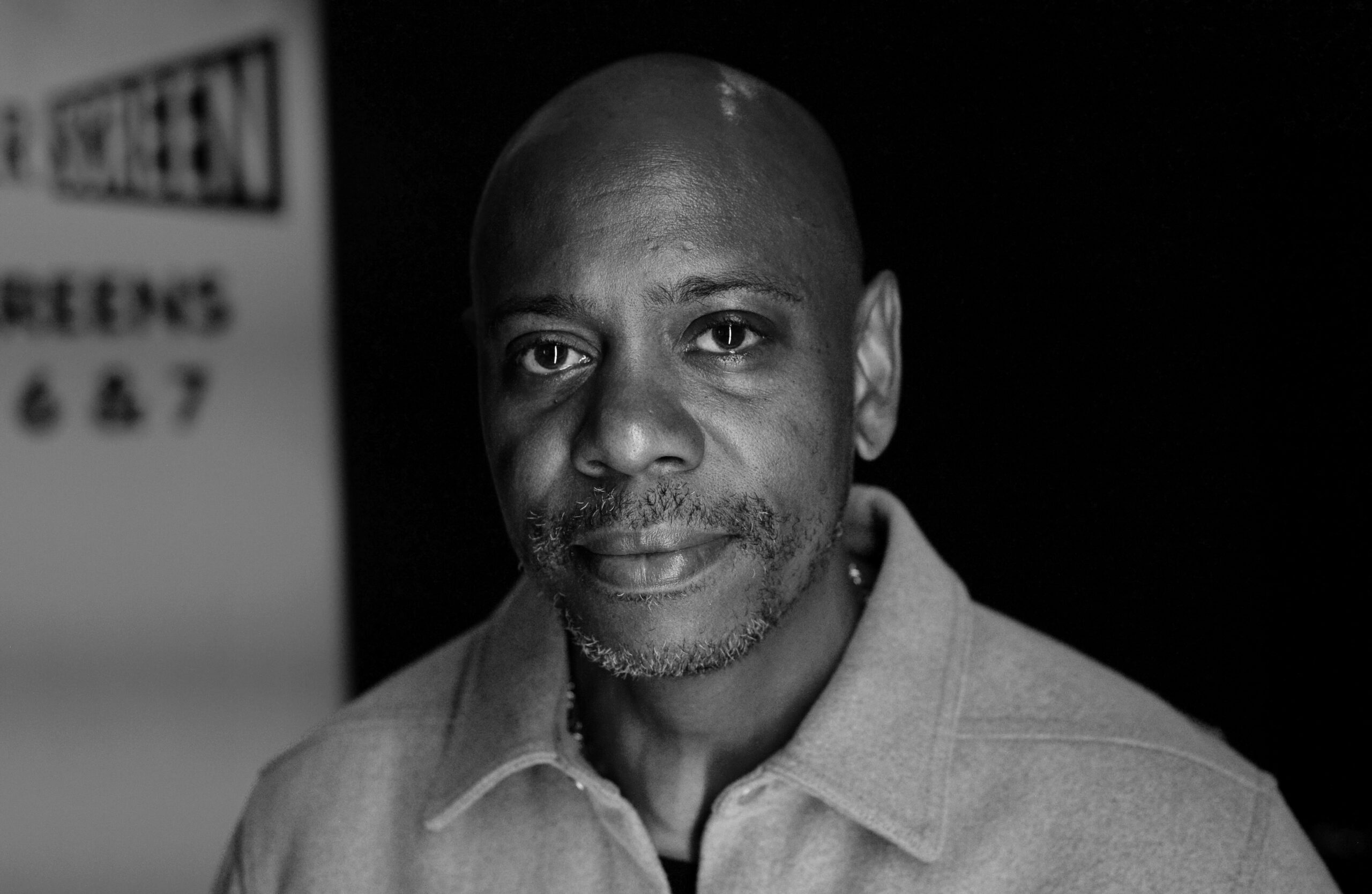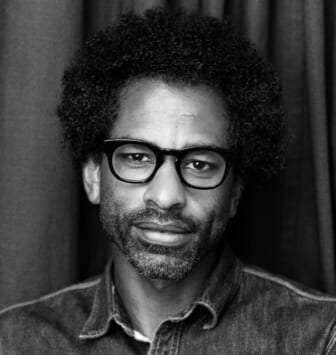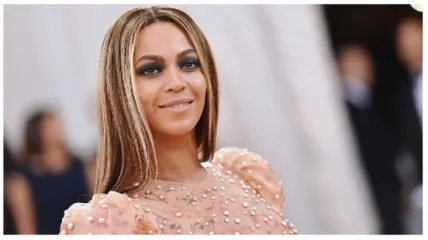The genius of Salman Rushdie
OPINION: The brilliant writer, who survived a brutal knife attack last week, is an artist who believes in a free flow of ideas because that's critical to a vibrant, democratic society.

Editor’s note: The following article is an op-ed, and the views expressed are the author’s own. Read more opinions on theGrio.
I am heartbroken over the news about Salman Rushdie. Days ago, he was brutally stabbed in the neck and abdomen, but it looks like he’s going to survive. His agent says “the road to recovery has begun,” but his injuries are serious, and we have no idea what lies ahead of him. But this incident reveals so much.
Rushdie is one of the world’s greatest writers—he’s a man of intelligence, wit, humility and humor. He’s a joy to be around, his brilliance is inspiring and he makes the life of the mind look fun as he travels the world marrying incredible women and delivering unbelievable novels every few years.
I first fell in love with his work when I read Midnight’s Children, a magic realist novel about a telepathic boy whose life is symbolic of Rushdie’s home nation of India. It’s one of the greatest books ever written. Years later, I swooned over The Ground Beneath Her Feet, about the world’s greatest rock star. In recent years, I devoured Quichotte, a book that uses the story of Don Quixote to look at modern America. It has been a stellar career of writing that I have long thought would one day earn him the Nobel Prize for Literature.

Chappelle is the best stand-up ever
But Rushdie’s life has been shadowed by a long, wild battle. His 1988 novel, Satanic Verses, included a satirical portrayal of the Muslim prophet Muhammad that some devout Muslims found offensive. In 1989, the Iranian government levied a fatwa, an order to kill Rushdie. Several of the books’ publishers and translators were murdered and death threats against Rushdie piled up. The threat to his life was very serious, and for years he lived in secrecy, surrounded by guards, rarely emerging. He wrote about all of this in his powerful memoir, Joseph Anton.
For a long time, I heard of dinners that had been thrown in his honor where he was snuck in and guests were carefully vetted and security was tight. But that was long ago. Rushdie came out from the shadows long ago. Over the last 15 years, I have had dinner with him several times in crowded Manhattan restaurants and run into him at parties. He was once a guest on my podcast, Toure Show. He moved without security or special arrangement—a man who was free once again to go wherever he liked. But on Friday, he was viciously attacked.
As soon as Rushdie got on stage for a speech, a 24-year-old man ran up onstage and stabbed him at least 10 times. He continued his furious attack even as several people fought to pull him off Rushdie. Prosecutors say the attack was premeditated, and the attacker has been charged with attempted murder. We do not know for certain the motive of Rushdie’s attacker but it seems very possible that this is a result of the fatwa.
I am angry and hurt about what’s happened to my friend, but I will not participate in Muslim-bashing or Islamophobia. Many religions become people’s reason to murder—Vox reports that “Since 1977 there have been eight murders, 17 attempted murders, 42 bombings, and 186 arsons targeted at abortion clinics and providers across the United States.” Most of these attacks have been carried out by Christian extremists. Homicidal fanaticism comes in many ugly shapes. The issue here in the Rushdie attack is not Islam. It’s zealotry. It’s the willingness to kill over art. It’s the insistence on living in an old, dead world.
The fatwa came down from people who are hyperfocused on religion and enemies and piety and purity. They were so afraid of ideas that might challenge the mind that they believe certain ideas are worthy of death. They are so defensive, so repressive, and so vengeful that they have ordered the murder of an artist. Rushdie comes from a world entirely opposite of theirs—he is a creative person who believes in freedom of expression and skewering sacred cows and challenging minds. He’s an artist who believes in a free flow of ideas and images because that’s critical to a vibrant, democratic society. I pray that Rushdie returns to himself because he’s a lovely person. More than that, he’s an artist whose creative voice is necessary in the world. On top of that, zealotry cannot win.

Touré is a host and Creative Director at theGrio. He is the host of the podcast “Toure Show” and the podcast docuseries “Who Was Prince?” He is also the author of seven books including the Prince biography Nothing Compares 2 U. Look out for his upcoming podcast Being Black In the 80s.
TheGrio is FREE on your TV via Apple TV, Amazon Fire, Roku, and Android TV. Please download theGrio mobile apps today!
More About:Opinion










